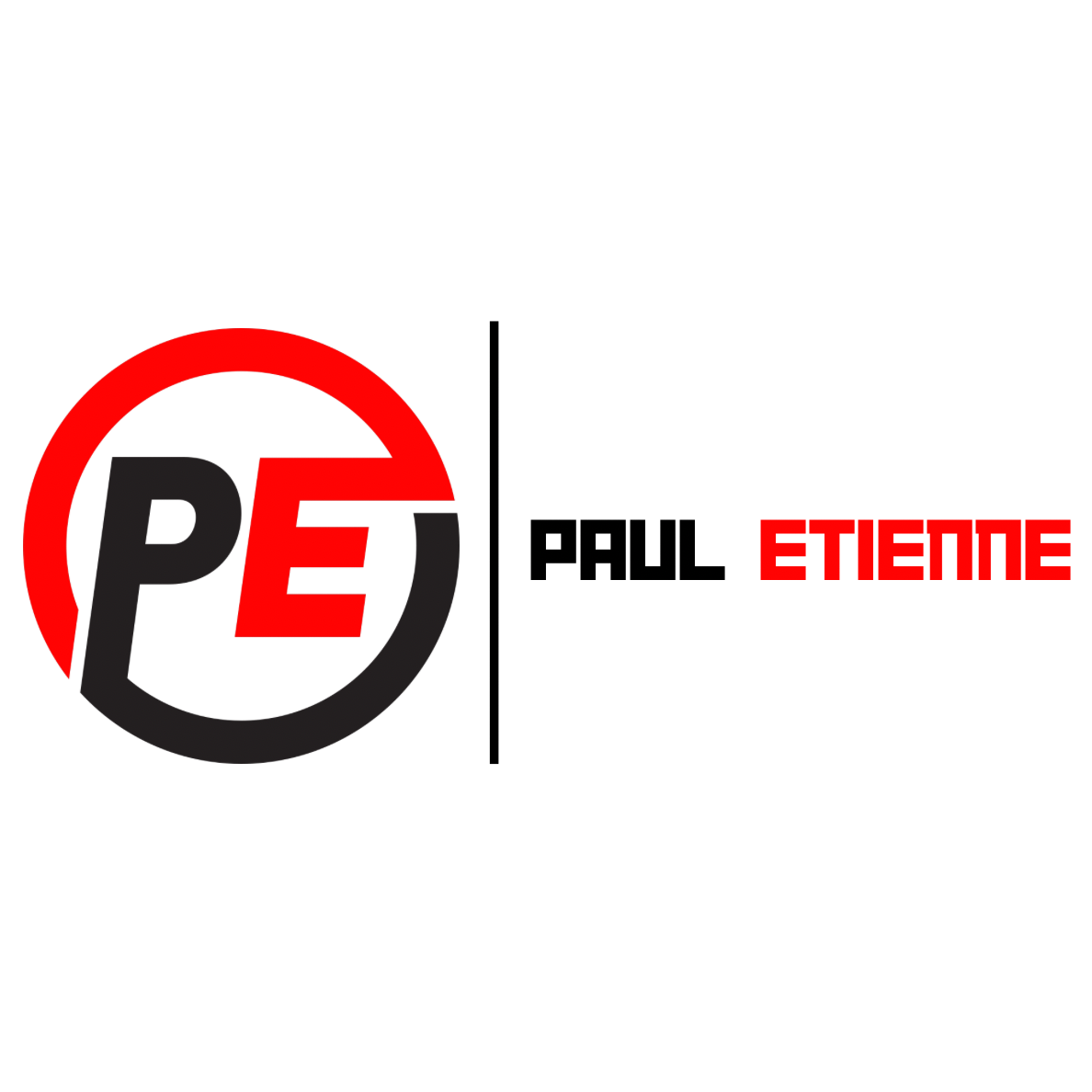Running a small business comes with its fair share of financial challenges, but savvy entrepreneurs know that optimizing tax savings can significantly impact their bottom line. In this article, we will delve into effective tax-saving strategies tailored specifically for small business owners to help you maximize your profits.
1. Understand Your Business Structure
The first step in optimizing your tax strategy is to understand your business structure. Whether you’re a sole proprietor, LLC, S corporation, or C corporation, each has its unique tax implications. Knowing the tax advantages and disadvantages of your structure can help you make informed decisions.
2. Keep Impeccable Records
Accurate and organized record-keeping is essential. Maintain comprehensive records of income, expenses, and receipts. Utilize accounting software or hire a professional to ensure that you’re claiming all eligible deductions and credits.
3. Deduct Business Expenses
Take full advantage of deductible business expenses. This includes everything from office supplies and utilities to travel and marketing costs. Be meticulous in categorizing and documenting these expenses to reduce your taxable income.
4. Leverage Tax Credits
Explore available tax credits for small businesses. For instance, the Small Business Health Care Tax Credit can help you cover the costs of providing health insurance to your employees. Research and apply for credits that align with your business operations.
5. Consider Retirement Plans
Invest in retirement plans tailored for small business owners, such as a Simplified Employee Pension (SEP) IRA or a Solo 401(k). These not only secure your financial future but also offer tax benefits by allowing you to deduct contributions.
6. Hire Wisely
When it’s time to expand your team, consider hiring family members. This can be a tax-efficient strategy, as you can potentially shift income to individuals in lower tax brackets, reducing your overall tax liability.
7. Timing Matters
Strategically time your income and expenses. Depending on your business structure, deferring income or accelerating expenses in a given tax year can minimize your tax liability. Consult with a tax professional for personalized advice.
8. Stay Informed About Tax Laws
Tax laws are subject to change, and staying informed is vital. Regularly update yourself on tax code revisions and their implications for small businesses. This knowledge can help you adapt your tax-saving strategies accordingly.


